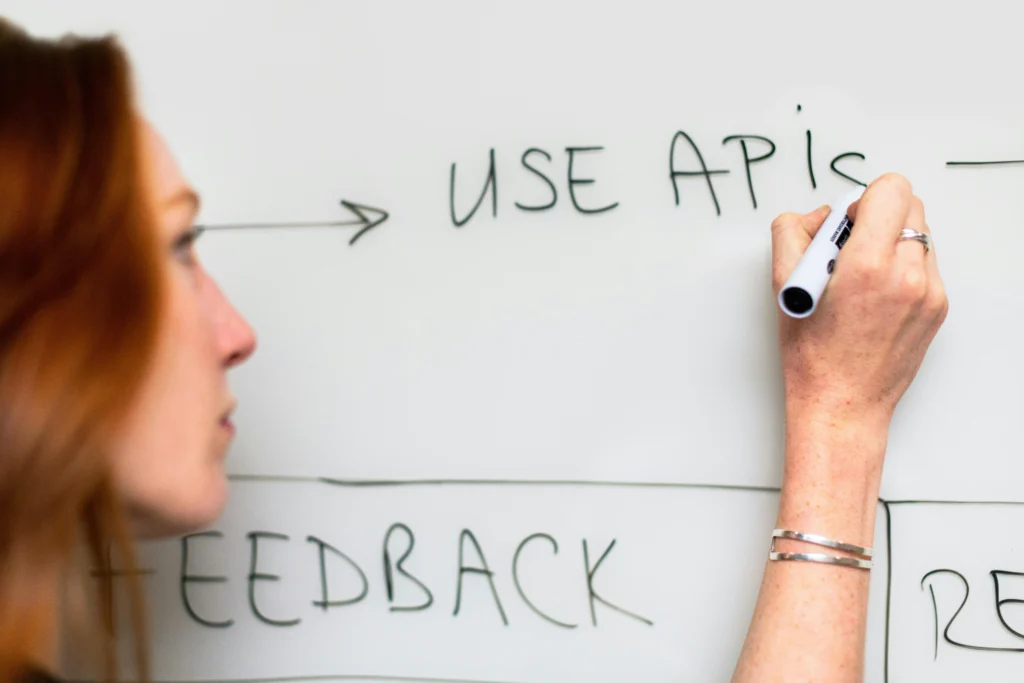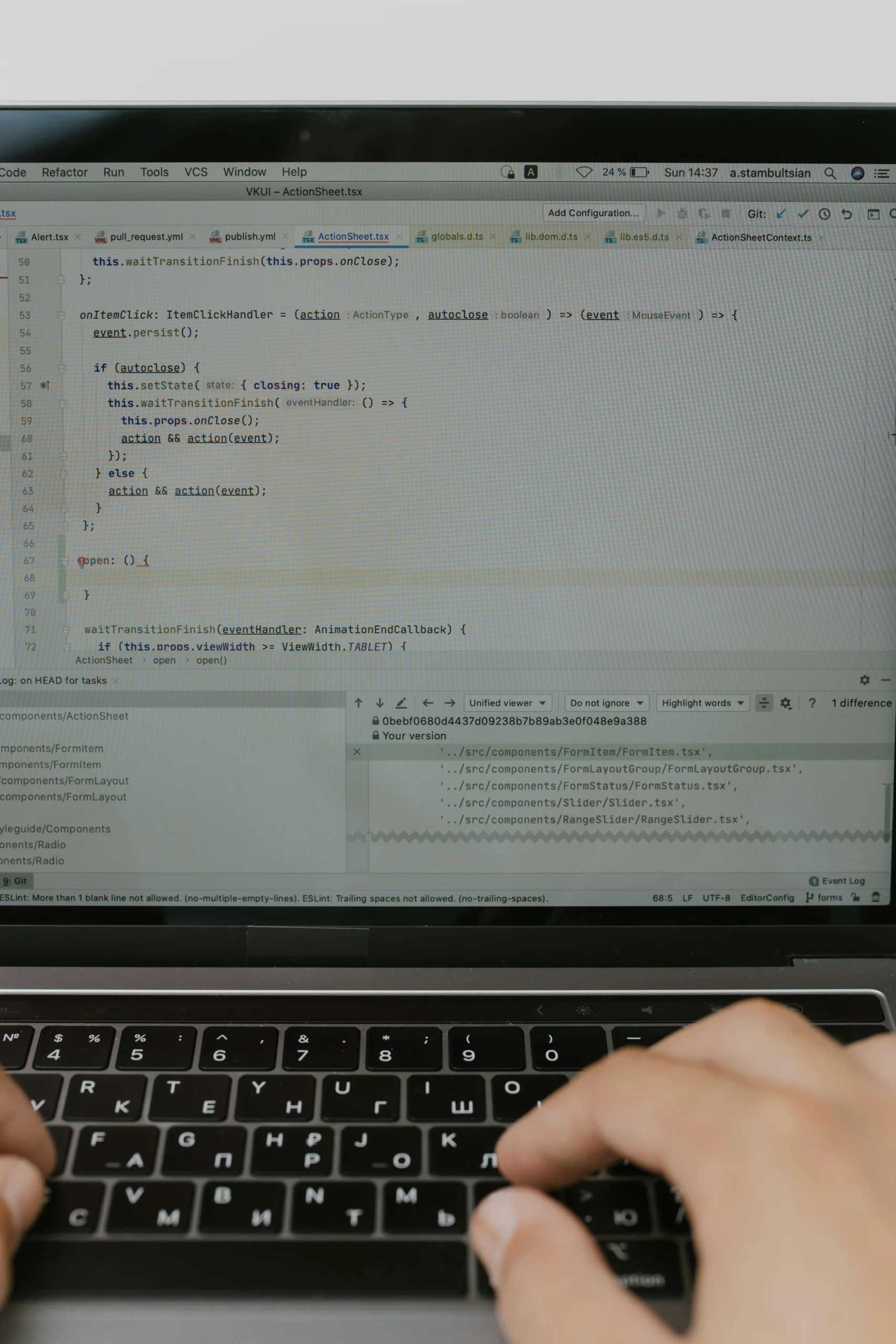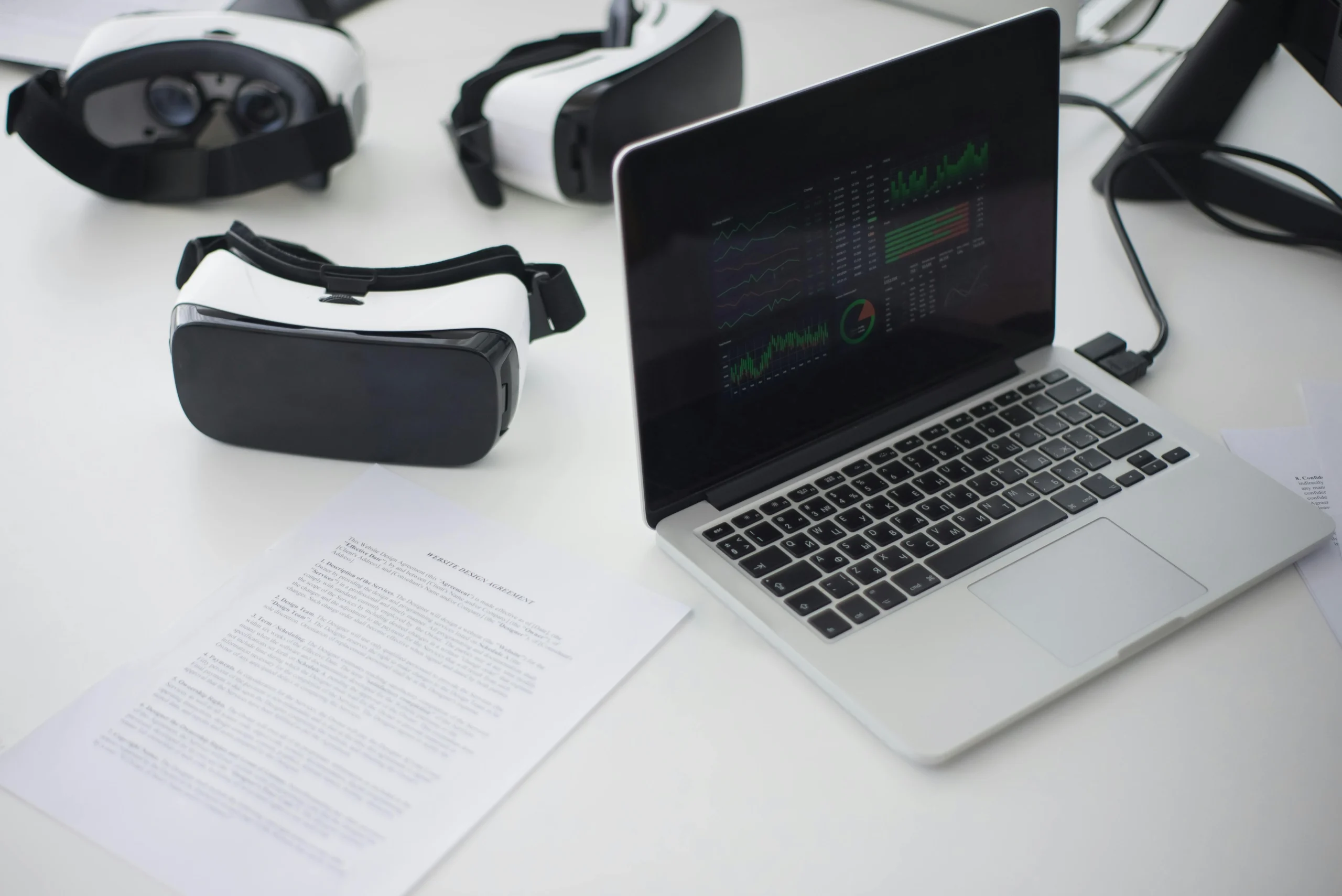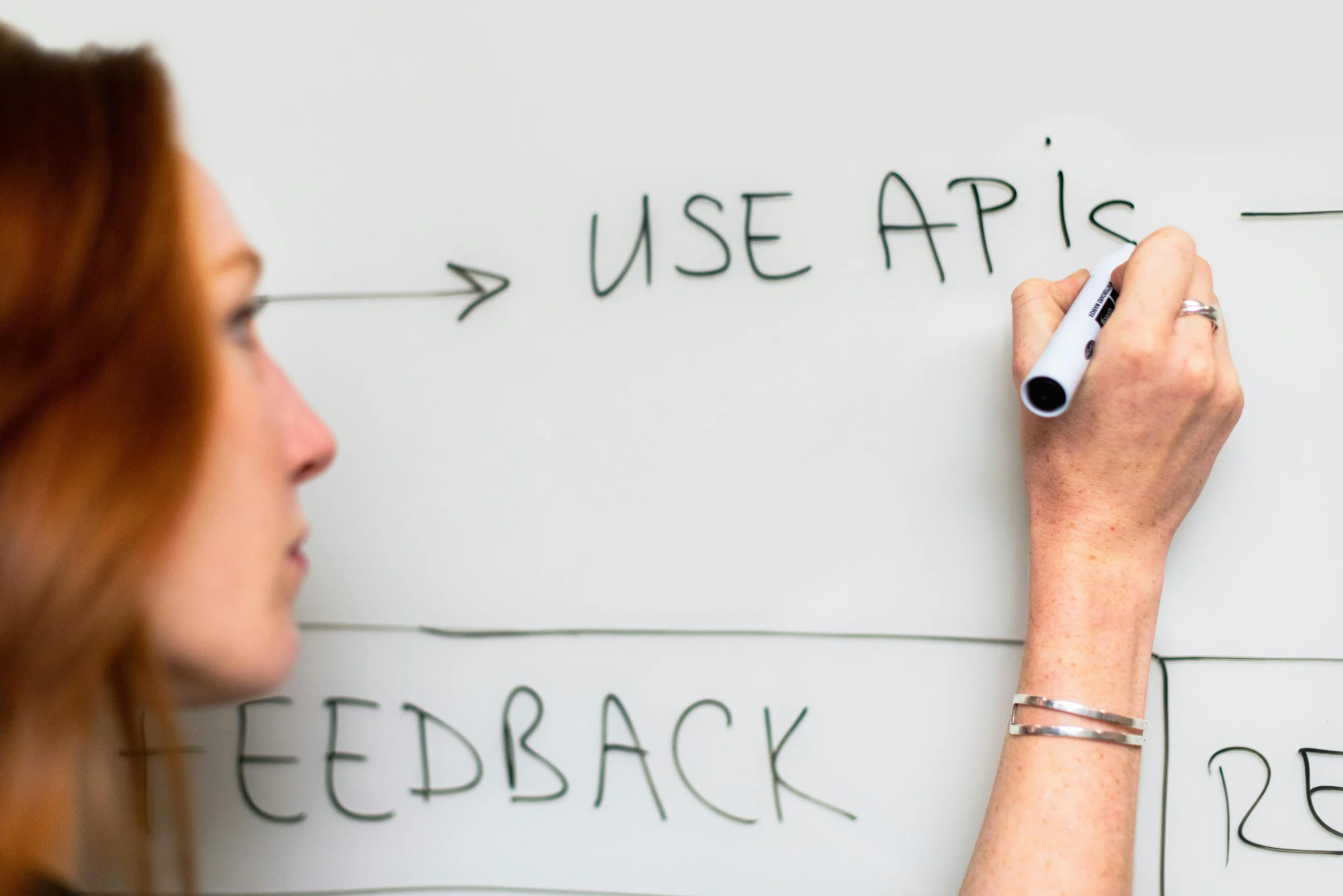The role of programming is evolving with the advent of AI, as developers transition from manual coders to coordinators of AI-driven ecosystems. With AI platforms resembling high-level operating systems, human responsibility in defining goals and overseeing AI processes has increased. This shift not only necessitates technical skills but also demands critical thinking and ethical considerations from engineers. As they move up the abstraction ladder, programmers must integrate governance and oversight into workflows to maintain their values and agency. Ultimately, the future lies in human amplification through AI, where professionals who embrace this change will thrive, while those who cling to outdated methods may be left behind.
In this new era, the definition of programming is changing; it’s no longer just about writing code but about asking the right questions and orchestrating complex workflows. AI will handle more execution tasks, freeing engineers to concentrate on strategy and oversight. This new landscape creates a unique responsibility where technologists will need to address ethical implications and ensure that human insights guide automation effectively. The future of programming involves collaboration with AI, emphasizing a blend of technical and non-technical skills, which will reshape the expectations and practices for engineers going forward.
👉 Pročitaj original: CIO Magazine








